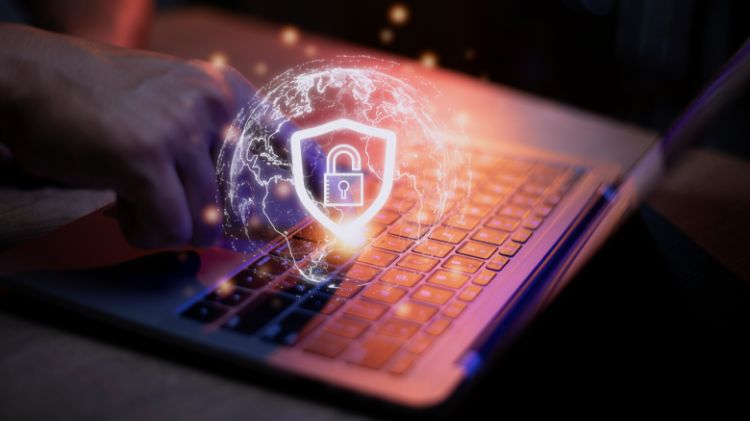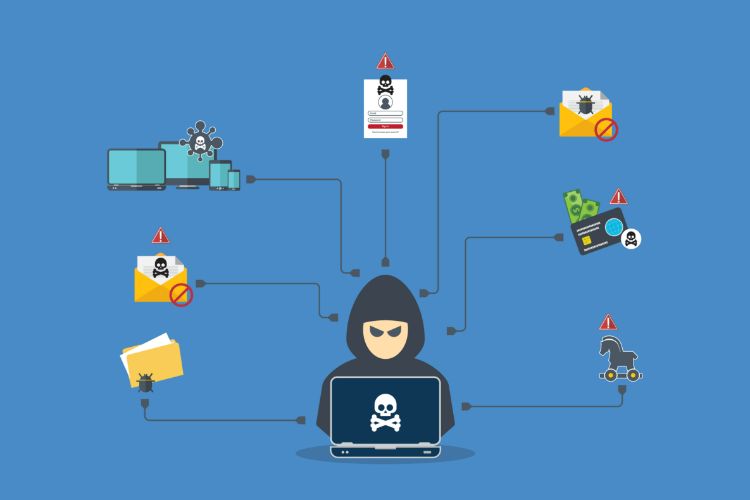Ever left your shop keys in the door? I nearly did once in Chelmsford. Only remembered when I was halfway down the A12 – that awful sinking feeling.
That’s kind of what it’s like with websites. Only difference is, most people don’t even check the door.
Whether you’re trimming hair in Brentwood, selling cupcakes in Southend, or shipping garden sheds to half of Essex – if you’ve got a site, someone will try the handle at some point.
Sounds dramatic, yeah. But it’s just how the internet works.
"We'll fix it if it happens" - sure, until it happens

Thing is, fixing it isn’t like replacing a dodgy kettle.
It can mean:
- Google slapping a massive red “unsafe” sign on your search listing.
- Someone walking away with customer data (and telling friends).
- Malware hitching a ride on your visitors’ phones.
Your business quietly vanishing from search until the mess is cleaned up.
I remember a cafe near Southend pier – great coffee, terrible parking. Their booking form got hacked one summer. They fixed it fast, but locals stopped booking online for months. Trust is slow to come back.
Why maintenance isn't just "updates"

One that hurt to watch

There’s a little gift shop in Chelmsford – sells handmade bits from local makers. Their site hadn’t been updated in ages. One day… gambling ads everywhere.
Two weeks to fix. Two weeks of no sales. Repair bill about five times more than a year’s maintenance plan.
A few website security tips for now
While you’re sorting proper cover:
- Strong passwords – and change them, even if it’s a pain.
- Update everything. Even the random plugin you forgot was there.
- SSL certificate – that padlock’s not just for show.
- Keep admin access tight – no need for everyone to have the keys.
- Backups – and not sitting on the same server.
Not perfect, but better than nothing.
Why it's worth it
If you want to see this thinking under pressure, take a look at our website security redesign case study – real constraints, real fixes. Prefer a local partner? Our trusted web design agency in Essex is happy to talk through options. And if search is your next move, this no-nonsense guide to SEO for essex companies/businesses will help you focus on what actually works.




